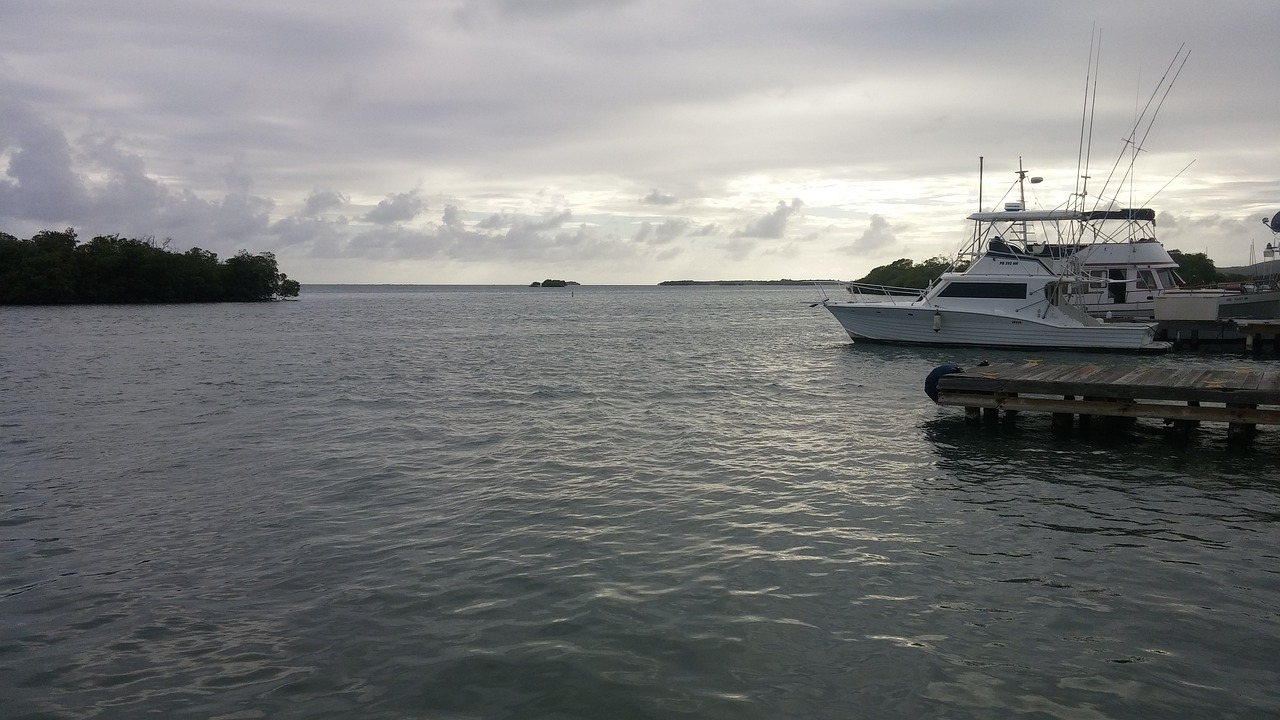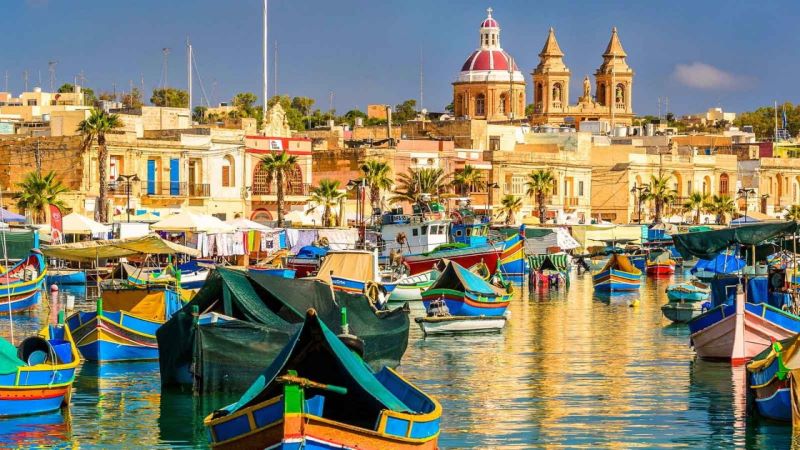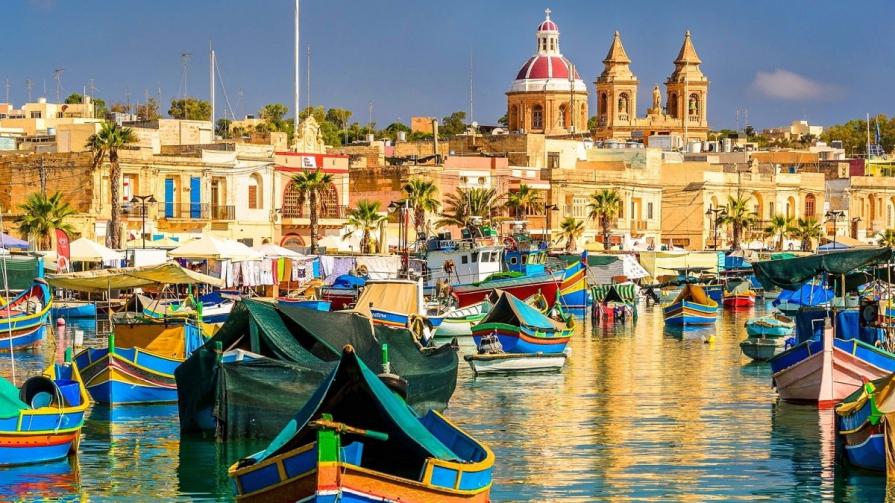Living in Malta as an expat offers a multitude of benefits, including affordable living, safety, and more. Let’s consider the case of John, a British expat who recently moved to Malta. John was pleasantly surprised by the affordability of living in Malta. Rent prices range from under €700 to well over €1,500 per month, making it suitable for various budgets. Additionally, utilities cost around €150-€200 per month, and public transportation is affordable, with fares ranging from €1.50 to €3.00.
Safety is another significant advantage of living in Malta. With a low crime rate and approximately 430 police officers per 100,000 people, it is a secure place to reside. Violent crime occurs at a much lower rate compared to the US, and pick-pocketing is a rare concern in Valletta.
Apart from these practical aspects, Malta’s appeal extends to its popularity among celebrities, especially in the luxury real estate market. This combination of affordability, safety, and allure makes Malta an attractive destination for expats seeking a high quality of life.
Key Takeaways
- Malta is a popular choice for digital nomads and expats due to its affordability.
- The cost of living in Malta is comparatively affordable, with cheaper rent and transit fares compared to other countries.
- Healthcare costs and prescription drugs are more expensive in Malta compared to some other countries.
- Malta has a low crime rate and is considered a safe destination for expats.
Cost of Living
The cost of living in Malta is comparatively affordable, with rent ranging from under €700/month to well over €1,500/month, making it a popular choice for expats. Compared to the UK, rent in Malta is cheaper, as well as transit fares. However, food costs are similar or slightly more expensive in Malta compared to the UK. In terms of comparison with the US, rent in Malta can be 50-75% cheaper than major cities in the US. Groceries are generally more expensive in Malta compared to the US, while gas prices are higher. Despite these variations, the overall cost of living in Malta remains affordable, offering expats the freedom to enjoy a comfortable lifestyle without breaking the bank.
Safety and Security
With a low crime rate and approximately 430 police officers per 100,000 people, Malta provides a secure living environment for expatriates. The crime rate in Malta is significantly lower than in the United States, with violent crime occurring at about one-quarter the rate. While there may be some concerns about pick-pocketing in Valletta, it is a rare occurrence. To further illustrate the safety and security in Malta, the following table highlights the crime rate and police presence in comparison to other countries:
| Country | Crime Rate (per 100,000 people) | Police Officers (per 100,000 people) |
|---|---|---|
| Malta | Low | 430 |
| United States | High | 244 |
| United Kingdom | Moderate | 250 |
| Australia | Low | 236 |
| Ireland | Low | 353 |
Overall, expats can feel at ease knowing that Malta offers a safe living environment with a strong presence of law enforcement.
Comparison with Other Countries
Comparing crime rates and police presence, Malta stands out as a secure destination for expatriates. With about 430 police officers per 100,000 people, the island has a low crime rate, particularly when compared to the US. Violent crime occurs at only a quarter of the rate in the US. When comparing safety to the UK, Malta also fares favorably. Concerns about pick-pocketing in Valletta are rare, and overall, the country maintains a reputation for safety. Expats considering a move to Malta can feel reassured by the relatively low crime rates and the presence of law enforcement. This is especially important for those seeking a destination that offers a sense of security and peace of mind.
Frequently Asked Questions
What are the visa requirements for expats moving to Malta?
The visa application process for expats moving to Malta includes obtaining a work permit. Work permits are required for non-EU citizens and must be applied for before arriving in Malta.
Is English widely spoken in Malta?
English is widely spoken in Malta, making it easy for expats to communicate and navigate daily life. The learning curve is minimal, and language barriers are not a significant issue for those relocating to Malta.
How is the healthcare system in Malta for expats?
Affordable healthcare in Malta is accessible to expats. The healthcare system provides comprehensive coverage, including emergency services and specialist care. Expats should consider healthcare and pharmaceutical costs when planning to retire in Malta.
What is the job market like for expats in Malta?
The job market in Malta offers a range of opportunities for expats, with industries such as finance, gaming, and IT being prominent. Work permits are required for non-EU citizens, but EU citizens have the right to work in Malta without restrictions.
Are there any cultural challenges expats may face when living in Malta?
Cultural adaptation is a common challenge for expats in Malta. Language barriers can make it difficult to integrate into the local community. However, with an open mind and willingness to adapt, expats can overcome these challenges and embrace the unique Maltese culture.








